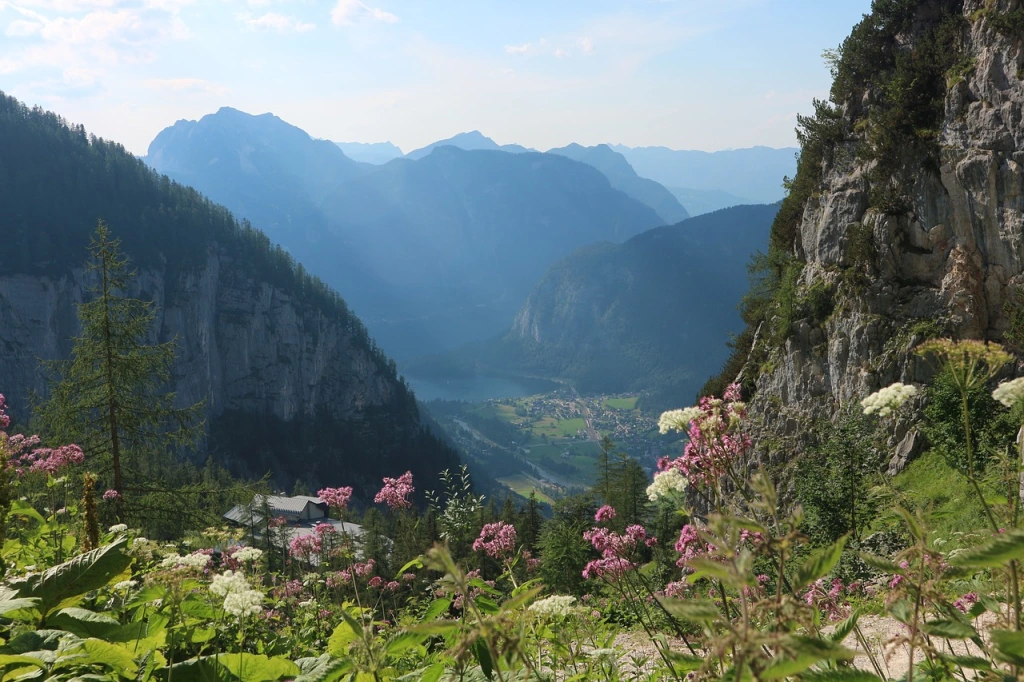A flower is no flower
mist no mist
that which comes at midnight
leaves at dawn,
arrives like a spring dream – for a while
leaves like a morning cloud – nowhere to be found
On the meaning of life
Perhaps because his mother died, caused by falling into a well while looking at some flowers, or because Bai overstepped himself as a palace official and was exiled to to Jiujiang (Xun Yang), Bai Juyi chose to write this lovely poem about the fleeting nature of life.
Poets and songwriters have long written about the ephemeral nature of life. No one has done it better than Bai Juyi, though one can try (and lose the poem’s simplicity and rhyme):
“Like the flower that fades and dies, like the morning mist, that which comes in the darkness of night, departs at first light, life that comes in spring like a dream, leaves like a morning cloud, and then is nowhere to be found.”
Not a cheery view, indeed. And perhaps contemptuous of the Tang dynasty, because in the last line, Bai’s makes an ambiguous reference to the imperial court, 朝 cháo, meaning morning, but also “dynasty”.
It has been said that man is a being in search of meaning.
What’s yours?
Original Chinese
花非花,霧非霧
夜半來,天明去
來如春夢, 不多時
去似朝雲, 無覓處
Pinyin
Huā fēi huā wù fēi wù
yèbàn lái tiānmíng qù
lái rú chūnmèng bù duō shí
qù shì cháo yún wú mì chù
Notes on translation
花 huā, flower. A flower is a symbol of beauty, perseverance, love, and most of all the transitory nature of life.
霧 wù, mist or fog.
天明 tiānmíng, dawn, first light, break of day.
春夢 chūnmèng, literally spring dream, figuratively a brief illusion.
朝雲 cháo yún, morning cloud, cháo can also be a subtle reference to the imperial court, since 朝, means “morning”, but also “imperial court”. This was the kind of language that got Bai Juyi in trouble.












